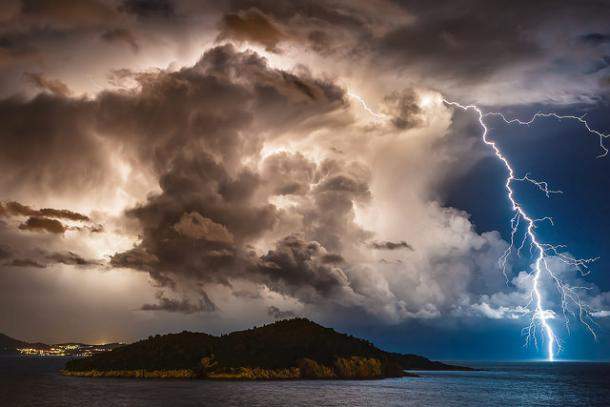Heatwaves, Floods, Freezing Temperatures: Extreme Weather Events on the Rise

As the world warms, the planet experiences more extreme weather events, from record-breaking heatwaves in Southeast Asia to deadly floods in Congo, and freezing temperatures in Brazil.
The world is experiencing extreme weather events in different parts of the world, resulting in various severe impacts.
Three distinct incidents in different regions of the world, virtually at the same time, and each with its consequences: Record-breaking heatwave in Southeast Asia, including Vietnam, Myanmar, and Thailand; floods in the Democratic Republic of Congo, resulting in over 400 deaths and over 5,500 missing people; and below-zero temperatures in Brazil, which are relatively uncommon.
These antagonic events highlight the severity and urgency of the climate crisis and the need for immediate actions to mitigate its impacts.
Record-breaking Heatwave in Southeast Asia
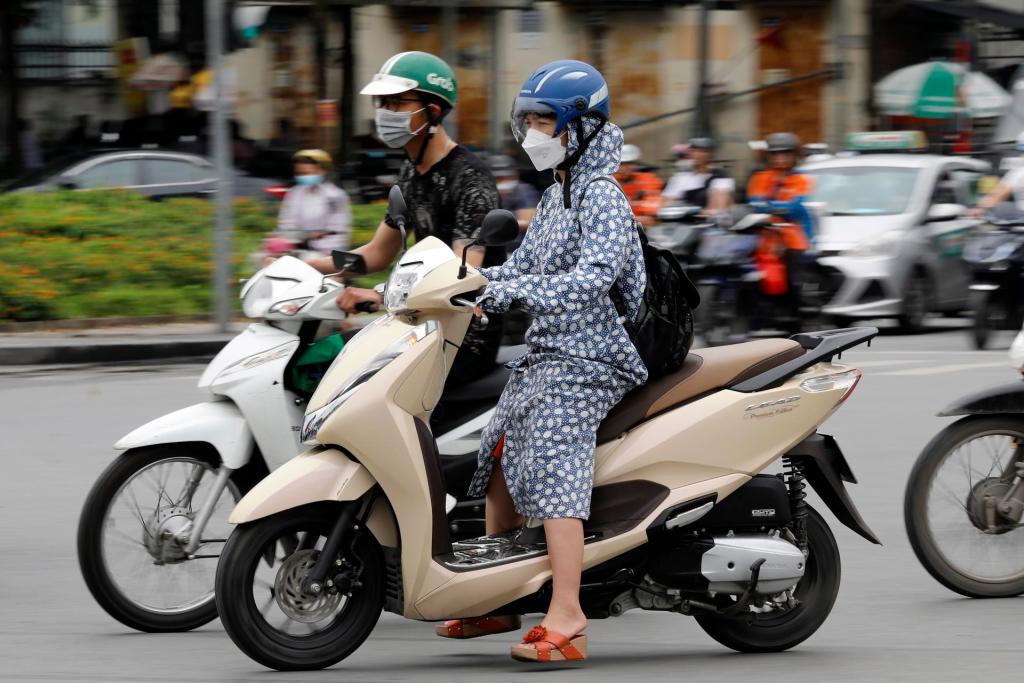
Southeast Asia is experiencing one of the most severe heatwaves on record, with temperatures in Vietnam, Myanmar, and Thailand soaring to unprecedented levels.
This heatwave is not only a cause of concern but also dangerous. The situation is especially alarming in Southeast Asia, where air conditioning is a luxury for many people, particularly those in lower-income brackets.
The heat is taking a toll on residents who are struggling to carry out their daily routines. Authorities have advised people to take precautions to avoid heatstroke and dehydration, as the heatwave is expected to worsen in the coming summer months.
This heatwave underscores the devastating consequences of climate change and the urgent need for immediate action to reduce greenhouse gas emissions.
Flooding in the Democratic Republic of Congo
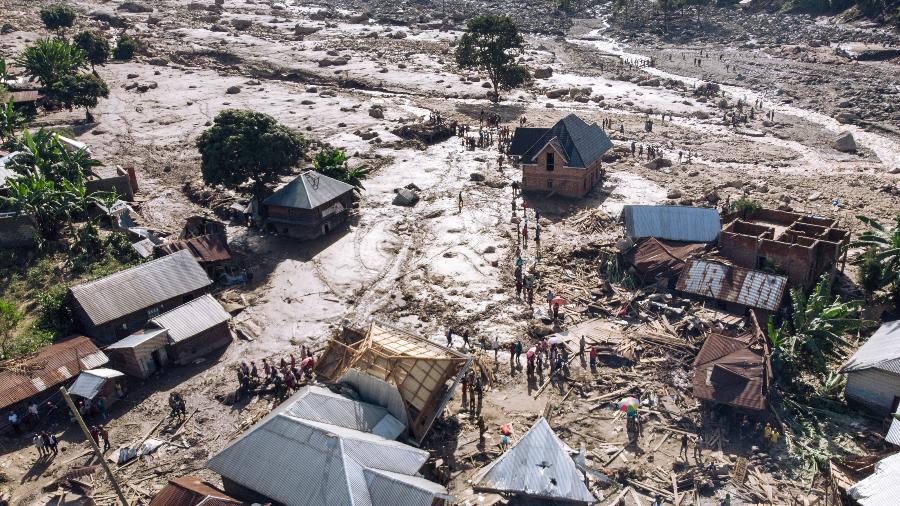
The Democratic Republic of Congo is currently experiencing devastating floods, resulting in more than 400 deaths and over 5,500 missing people.
The floods occurred in the eastern part of the country are one of the deadliest natural disasters in recent history, where heavy rains caused landslides and flash floods, destroying buildings and crops.
The lack of supplies and equipment is making it difficult to help the affected population. Survivors are traumatized and in need of assistance, with some living in public buildings and overcrowded homes.
The floods highlight the vulnerability of countries with poor urban planning and weak infrastructure to the impacts of climate change.
Below-zero Temperatures in Brazil
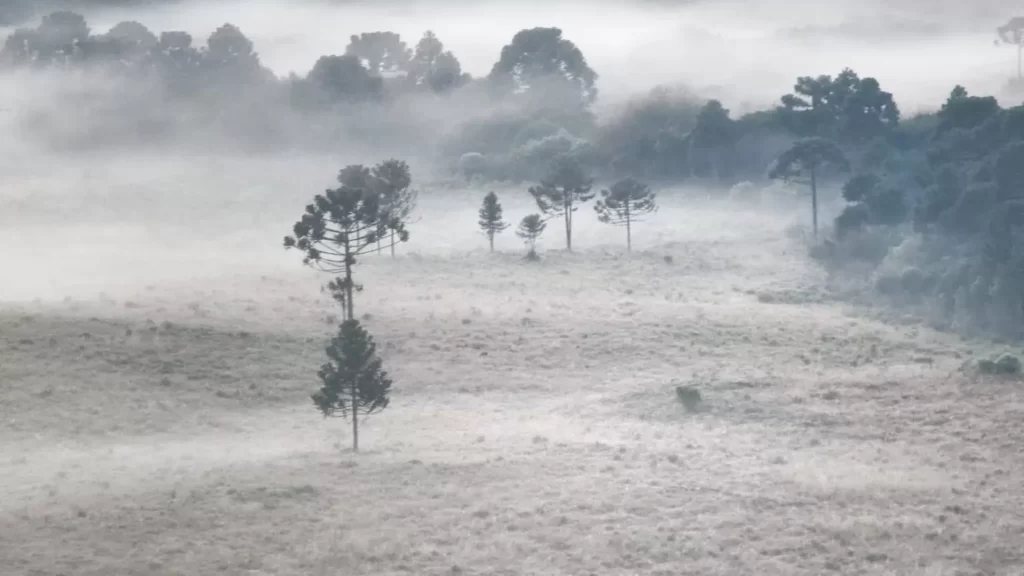
Southern Brazil is experiencing below-zero temperatures, with São José dos Ausentes, located over 1,000 meters above sea level, recording temperatures 1.0°C below zero (30.2ºF).
These temperatures are relatively uncommon in Brazil, especially in May, which is the autumn period in the southern hemisphere, and people are experiencing discomfort due to the cold weather.
However, extreme weather events such as these are becoming more frequent, and their effects on people and the environment cannot be ignored. Climate change is causing weather patterns to become increasingly unpredictable, and extreme weather events are occurring more often in different parts of the world.
What we can learn from these events
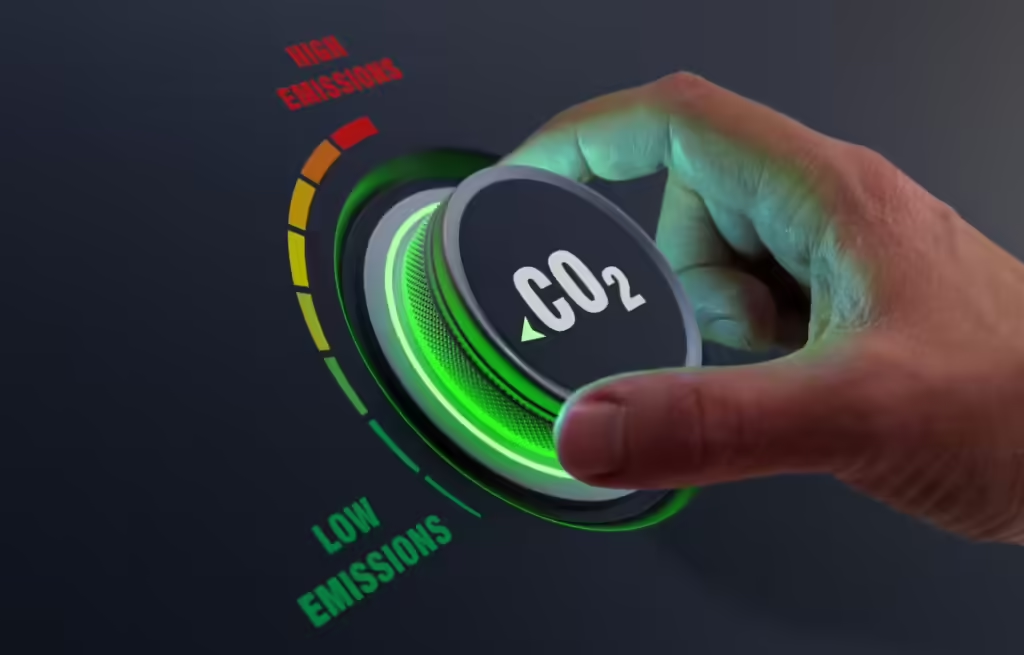
The world is currently facing the consequences of climate change, with extreme weather events occurring in different regions, often simultaneously.
These events have significant impacts on people’s lives, the economy, and the environment, and it is crucial to take immediate action to mitigate their effects.
Governments, businesses, and individuals must work together to reduce greenhouse gas emissions, invest in sustainable infrastructure, and adapt to the changing climate.
Failure to act will result in more extreme weather events with devastating consequences for people and the planet.

